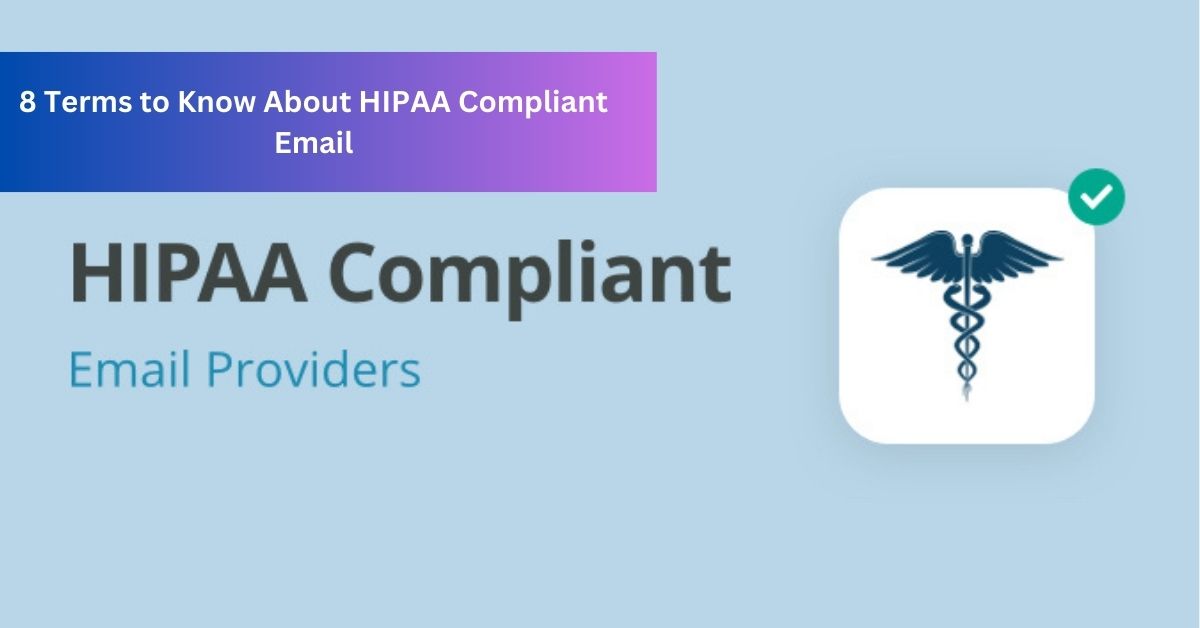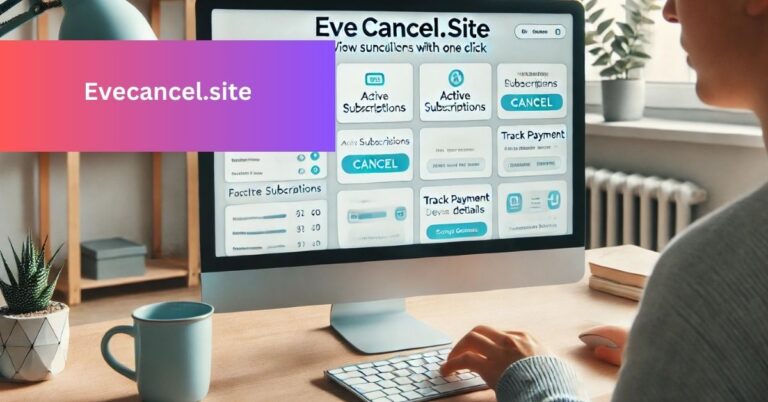8 Terms to Know About HIPAA Compliant Email
Healthcare providers communicate with patients and other providers using electronic mediums, including emails. A HIPAA compliant email platform transmits healthcare data securely to patients and staff. Here are some secure email terms to know to enhance your understanding of HIPAA compliance:
1. HIPAA
The Health Insurance Portability and Accountability Act protects patient health information. It contains security, privacy, and accessibility provisions. These provisions are designed to secure personal health information from unauthorized parties.
HIPAA enactment prevents fraud, standardizes administrative processes, and protects patient data. It also enhances health insurance portability in case of job loss or transition.
2. Business Associate Agreement
Companies and individuals may sometimes need to access patients’ protected health information (PHI). Entities that perform activities requiring access to PHI are considered business associates.
These parties enter into a signed contract, or a business associate agreement, with a covered party. Business associates and subcontractors are held liable for HIPAA violations caused by their actions.
3. Retention
Healthcare organizations must keep electronic communications containing patient data for multiple years after the patient’s treatment. They must retain implemented privacy policies and procedures, documented assessments, and signed authorizations.
Doctors and other healthcare providers cannot alter or delete this information during the storage period. To safeguard PHI, they should encrypt all electronic records.
4. Encryption
Emails have the potential to fall into the wrong hands, disclosing sensitive information to unauthorized parties. Email content is mainly stored as clear text, and email providers can read it.
Email encryption provides protection and prevents unauthorized parties from reading your emails. It relies on public-key cryptography to publish a public key for encrypting messages. A secret private key helps you decrypt and sign your messages.
5. Protected Health Information
The HIPAA privacy rule shields patient medical records from non-covered entities. Unauthorized parties cannot access paper, electronic, or oral communication. This data is called protected health information.
It refers to names, addresses, account numbers, and other information identifying a person. HIPAA categorizes PHI into health conditions, healthcare provisions, payments, and identifying information.
6. Access Controls
A HIPAA compliant email platform allows authorized individuals to access electronic PHI. Access controls regulate the individuals who read or use this electronic data. Access control measures include emergency access procedures, automatic logoff, and audit controls.
Organizations strengthen access control measures through multi-factor authentication and written policies. They must monitor access to electronic PHI and respond to unauthorized access attempts.
7. Designated Record Set
Covered entities maintain a group of records known as a designated record set. The data set includes medical and billing records, claims adjudication, and records for making decisions about individuals.
A record encompasses collections or items that a covered entity uses or shares. People can access the information in a designated record set if a covered entity or business associate holds it.
8. PHI De-Identification
The HIPAA privacy rule permits the secondary use of health information if it does not contain individual-identifying data. You can de-identify PHI through the safe harbor method or expert determination.
Safe harbor involves removing identifiers like names, email addresses, and social security numbers. Expert determination entails hiring a professional to remove individually identifiable information.
Learn More About HIPAA Compliant Email
A secure email provider protects your private information while it’s in storage or transit. They encrypt all emails without adding portals to confirm your patients’ data is secure. Contact a reputable healthcare email provider today to learn more about their HIPAA compliant solutions.




